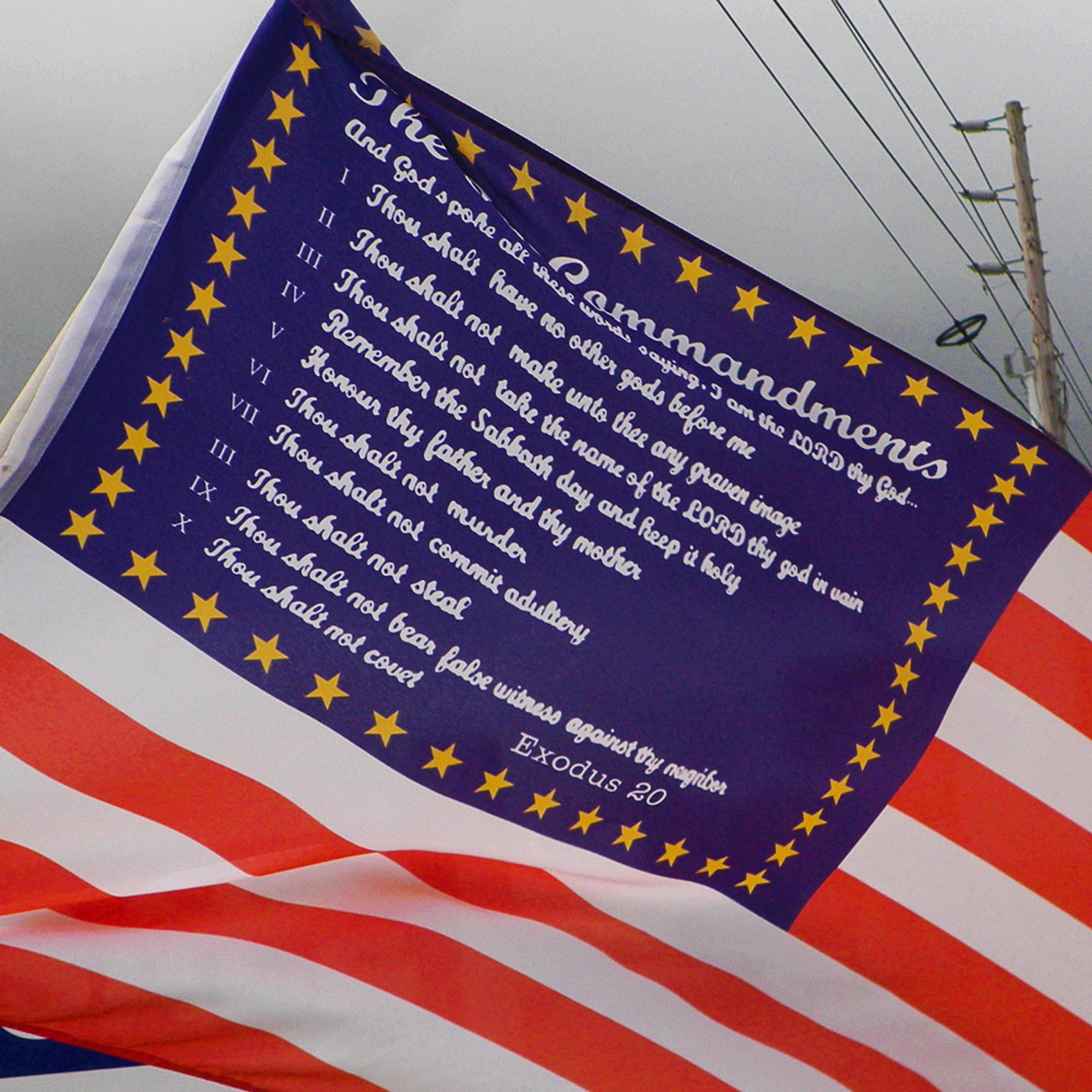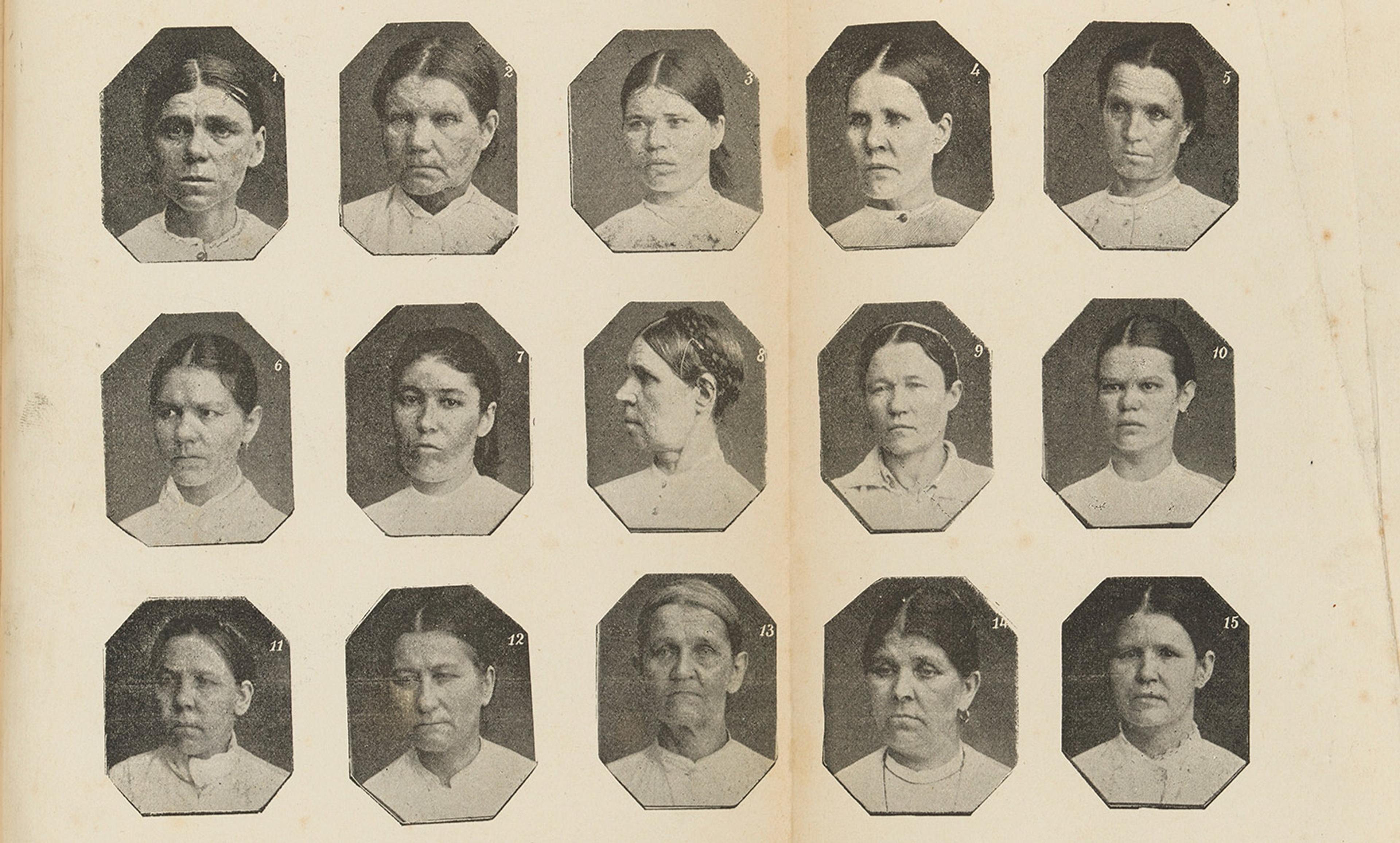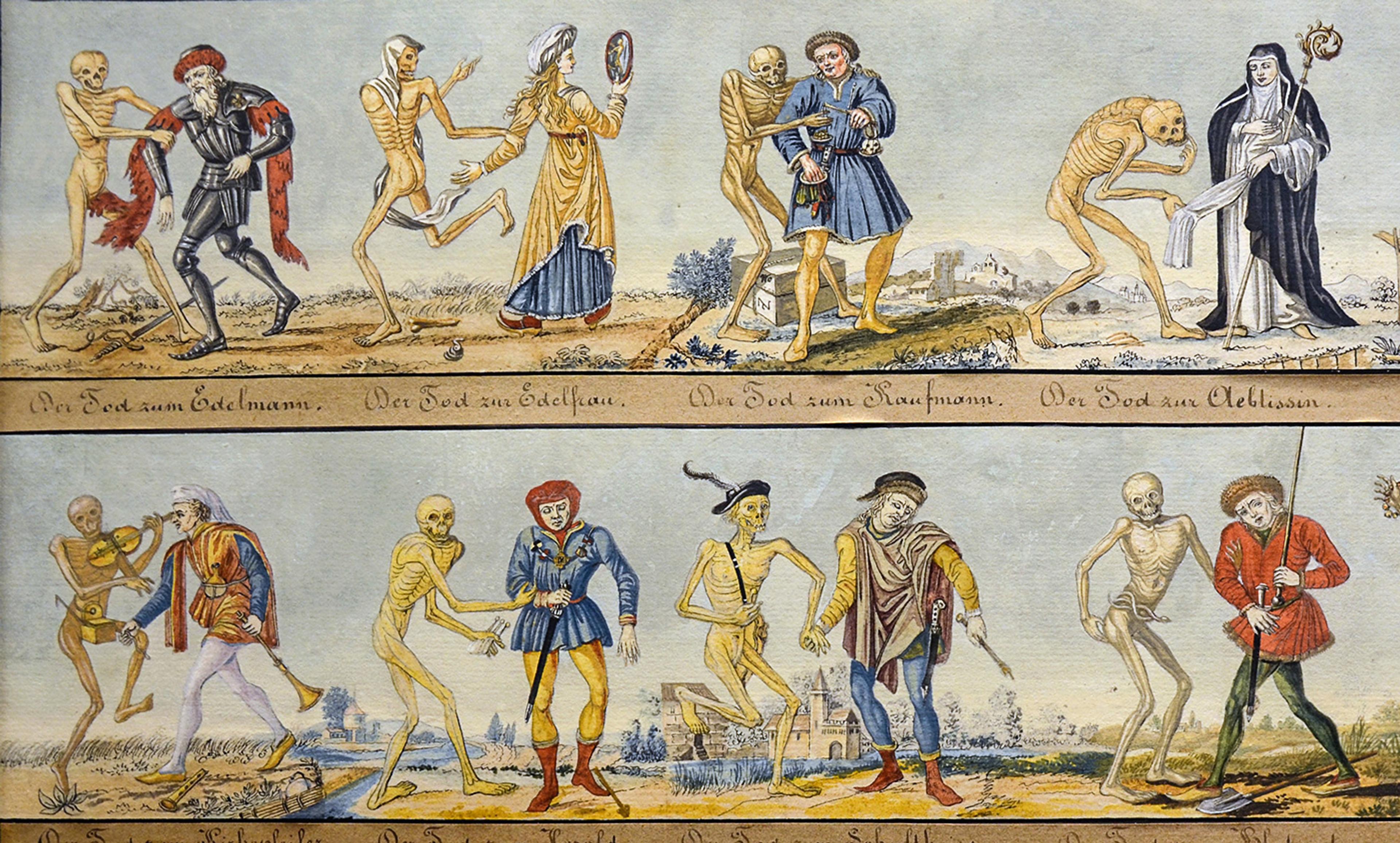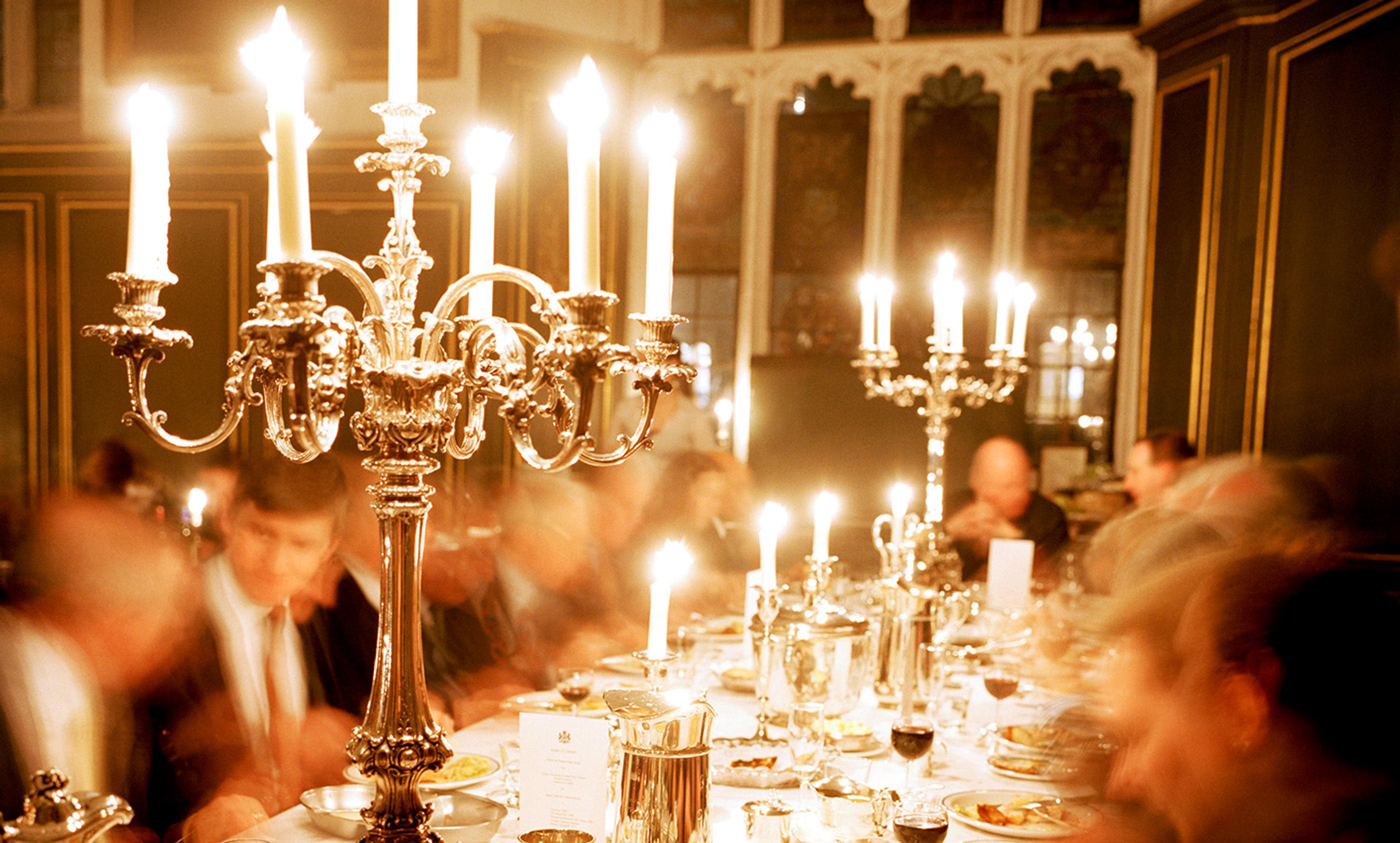
Daniel Oines/Flickr
Pay even passing attention to political society in the United States, and you will learn that secular progressives are threatening the country.
Beginning in the 1970s, Christian conservatives complained that godless ideologues were exalting human reason, placing human beings above God, and worshipping unlimited freedom and individualism. They called them secular humanists. They saw secular humanism behind every Supreme Court decision on religion and public life that did not go their way. These Christians turned to the evangelical theologian Francis Schaeffer to provide much of the intellectual firepower in the war against this dangerous threat to the republic. From his chalet in the Swiss Alps, Schaeffer influenced an entire generation of evangelical culture warriors. In his popular book and later film series How Shall We Then Live: The Rise and Decline of Western Thought and Culture (1976), he convinced evangelicals that secularism was born out of Renaissance humanism and, if allowed to grow in influence, would inevitably lead to the collapse of Western civilisation. The survival of Christendom was at stake and the lives of babies in the womb were at risk. The US had lost its moral centre. Schaeffer wrote and spoke with a sense of urgency that moved evangelical Christians to political action.
‘Secular progressivism’ replaced ‘secular humanism’ in the late 1990s. Bill O’Reilly’s bestselling book Culture Warrior (2006) called attention to a left-wing movement associated with the culture of Hollywood, the American Civil Liberties Union, and professors at elite universities who were waging war against Judeo-Christian values. Another US media personality, Glenn Beck, today wages war against President Barack Obama’s progressivism (‘hope and change’) by demonising earlier progressives such as presidents Woodrow Wilson and Teddy Roosevelt.
Supporters of O’Reilly and Beck need only look to recent polls to see that godlessness is creeping – ever so slowly – into US culture. A recent report from the Pew Research Center reveals that nearly 23 per cent of Americans now fall into the ‘unaffiliated’ category. These so-called ‘nones’ include atheists (3.1 per cent), agnostics (4 per cent) and those who claim no religious affiliation ‘in particular’ (15.8 per cent). The Pew study also shows that 70.6 per cent of Americans identify as ‘Christians’ and just over 25% of the Christian population are classified as ‘Evangelical Protestants’. In other words, evangelicals are the largest religious sub-group in the country.
Yet for evangelicals, the secular progressive vision of the world is a threat to the institutions that they hold dear. They believe that progressives are threatening the biblical idea that God created men and women for the purpose of procreation and family life. Many evangelicals believe that human rights come from God, and thus the exercise of these rights – particularly in the area of sexuality and the protection of human life – must always be measured by the will of God as contained in the scriptures. Families who choose to have an abortion are putting their selfishness, disguised as the ‘pursuit of happiness’, over the dignity of a helpless human life. Secular progressives, who frequently brandish Ivy-league degrees, a sense of intellectual superiority, and contempt for Christian faith, often treat evangelicals like idiots. Granted, few politically minded members of the Christian Right try very hard to listen and learn from secular progressives. But the deafness and incivility go both ways.
Evangelicals also embrace a different view of human history to the secular progressives. The Bible teaches them that the world will end with the triumphant return of Jesus Christ. All of life as we know it is moving toward this end. The goal is not to gradually assign the time-honoured beliefs of Christianity to the dustbin of history, but to preserve them, remain faithful to them, and apply them to the ills of society until Jesus comes.
Yet, despite the demographic power of evangelicals, they are largely marginalised from the media and education. The writer Jay Nordlinger might be correct when he says that ‘all conservatives are bilingual – we have to be. (We speak liberal and conservative.) But liberals tend to be monolingual – they don’t need to speak our languages, or to know much about us at all.’ Indeed, if you are a secular progressive or liberal secularist, it is possible to live in a society that comports to your world view. If you are an evangelical Christian, it is not that easy.
Evangelicals have managed to capture a large segment of the Republican Party, but in other areas of culture they are forced to conform to the norms of society as defined by secular progressives. Take, for example, the most elite universities in the US. The leadership and faculty, when taken as a whole, largely reject the truth claims of Christianity or, at the very least, do not see Christianity as a useful system of belief to help shape campus and intellectual life. Evangelical student groups have been asked to leave campus because of their views on a host of social issues. Today, I would venture to guess, it is virtually impossible for a scholar who is pro-life, believes that marriage is between a man and a woman, or does not fully embrace a progressive view of human history, to land a teaching post at one of these universities. Evangelical faculty and graduate students, in order to make it, must learn to keep quiet about the way that faith informs their understanding of the world. This kind of compartmentalising is not always a bad thing, but it is a reality.
Whether it be academia, popular entertainment, or some other sector of culture, secular progressivism is a real threat to evangelical Christian values. Christian culture warriors are often sloppy and usually inconsistent in the way that they apply Christian faith to public life, but not all of them are crazy. They are astute observers of modern culture who represent the values and fears of a significant portion of Americans. And, as long as secular progressives continue to remain intolerant about the deeply held religious convictions of these Christians, and refuse to understand them as part of a larger conversation about national identity and the common good, it will be difficult for US democracy to move forward.





